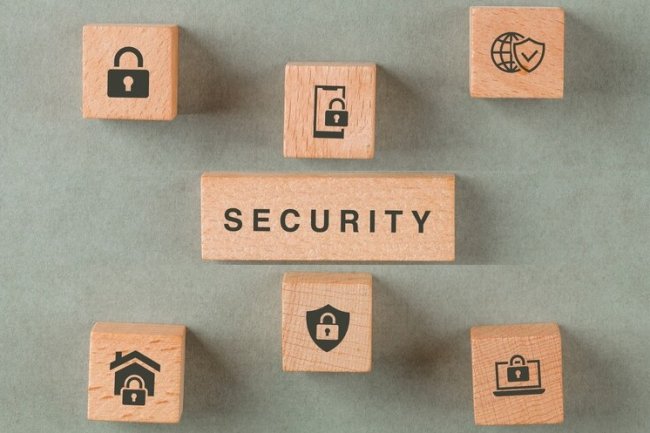For Parents
5 Cybersecurity Tips Every Parent Should Know
- Sep 21, 2022
- 0
- 1588

Children of all ages tap into cyberspace each day, be it for school study, playing games or connecting with friends. This also generates another degree of concern for parents. There are many real risks when browsing the web and, without proper education, kids are easily trapped. The Cyberbullying Research Center states 33.8% of students aged between 12 and 17 have been victims of cyberbullying at some point in their lifetime. Yet, only 1 in 10 teens keep their parents informed. This can result in widespread rumours as well as mental health issues in the victims.
Just as you have taught your child to look both ways before crossing the street, it is important to teach your kids a few essential cyber life skills. Here are five useful tips that will come handy, while discussing cybersecurity with your children.
1. Never Leave Your Device Unattended
One minute it’s there and the next minute it’s gone. Smartphones, laptops and tablets have a decent resale value. Besides, now cybercriminals make more money by stealing the data that’s stored in these devices than from reselling them. Criminals can patch together the information on all these devices to commit identity theft. Usually, children make excellent targets for device theft because there is a high probability for all this information to be on their devices due to school and sports activities that require this information. Teach your kids how valuable these devices are and to keep them close.
2. Click with Caution
One careless click is all it takes for malicious software to get into devices and wreak havoc. Talk to your kids about not automatically clicking on links in emails. Show them how to hover your mouse over the link to make sure it is going to a reputable address. Spelling mistakes, odd emails from popular companies and threatening messages urging quick action are some of the telltale signs of a phishing email designed to install malware on the device. When in doubt, tell them not to click on the link. Instead, help them visit the concerned company’s website and contact the customer service department to ensure the authenticity of the mail.
3. Never Share Your Password
You may think everyone knows the importance of keeping passwords a secret — but maybe your children don’t. It takes just one moment of poor decision-making and you risk exposing everything stored in your device. Teach your kids to protect accounts with strong and unique passwords that use a combination of at least 10 upper and lowercase letters, symbols and numbers to confuse password-stealing bots that scour the Web. Ask them to change passwords every three months and avoid using the same password for different accounts.
4. Be Wary of Using Social Media
Many social networks require users to be at least 13 years of age, but some allow children to sign up with their parent’s permission. If your children have accounts, check their privacy settings. The default settings may expose more information than you’d like. Change settings to the highest level of privacy. You never know who is snooping around their social media profiles. Teach your kids not to accept friend requests from people they don’t know. Some friend requests come from bots that will spam friends lists. There are many risks that come with social accounts, but stalking and bullying are two very real dangers that can haunt kids online and off. Publicly broadcasting your location is not the safest thing to do. To deter stalkers, disable location services on your child’s phone and apps.
5. Be a Good Online Citizen
Remember, the Internet is forever. So, anything said online stays online. Nothing really gets deleted, not even on Snapchat. Teach your children to practice good online etiquette and to never say mean things. Instead, they should be kind and not participate in negative posts. Let them know that the law protects cyberbullying victims, so they should tell you if they are being cyberbullied or know someone who is.
The online world will continue to grow as time goes on and its role in our children’s lives will only increase. It’s never too early to start talking to them about cybersecurity for kids. By educating ourselves first and using cybersecurity tips, you can ensure your children have a solid understanding of security online. Doing so can keep them safe, both digitally and socially, so you can have peace of mind.
Add Comment
Related Blogs
Popular Blogs

Tips for Educators
3 Tips To Apply Classical Conditioning In Classrooms
- Natasha Di...
- Apr 25, 2022
- 0
- 21986

Understanding Concepts
4 Reasons Why Skill-Based Learning Is Important For Students
- James Coop...
- Mar 14, 2022
- 0
- 11304

For Parents
Everything You Need To Know About STEAM Education As A Parent
- James Coop...
- Mar 1, 2022
- 0
- 11251













